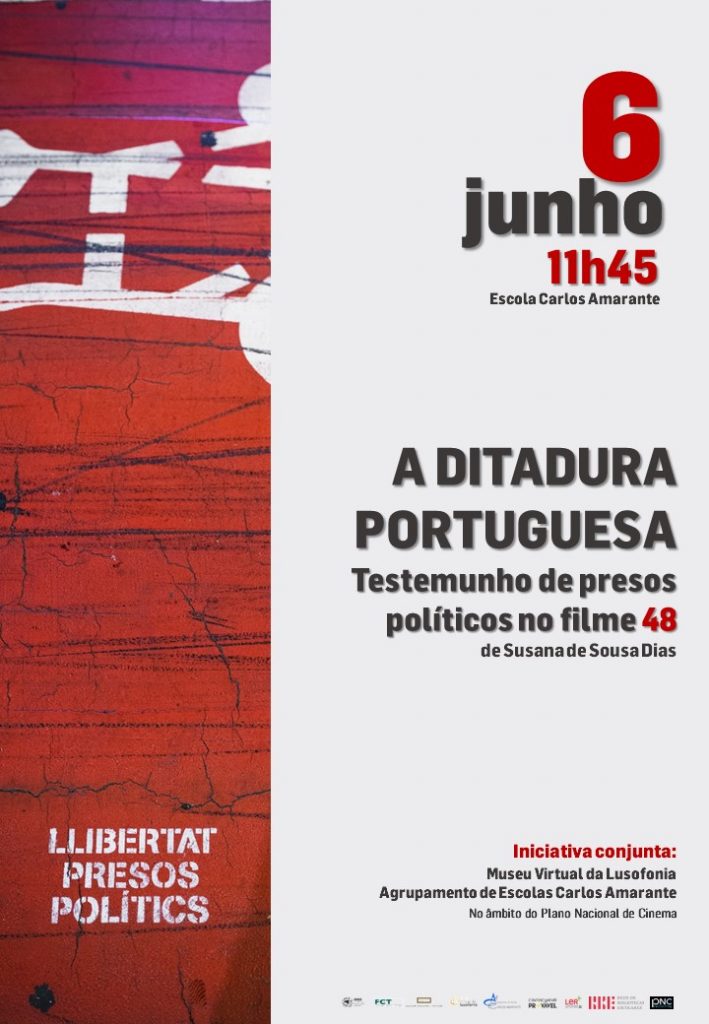The Permanent Seminar on Postcolonial Studies on “Lusophony as a Postcolonial View: Colonial Rancidity or Intercultural Possibility” will be held on June 17 at 2.30 pm in the Institute of Social Sciences of the University of Minho, with the researcher Vítor de Sousa.
According to the CECS researcher, “Lusophony is a word that emerges in the 1950s, referring to the term «francophonie». Lusophone must have been invented before, by analogy with the French «francophone», which dates back to 1949 ( …). Lusophony is a word that emerges in the reference periodization in 1950”.
“In my opinion, unlike ‘portugalidade’, which is markedly colonial, the word was even coined between the 50s and 60s of the twentieth century, in the midst of the Estado Novo. Lusofonia is a postcolonial concept that linking one term to the other is a counter-claim (Sousa, 2014, 2015, 2017), since Lusofonia cannot be considered, under any circumstance, as ‘portugalidade’ due to its association with the slogan «Portugal do Minho a Timor»”, explains Vítor de Sousa.
“Lusophony does, however, contain some cleavages and, despite stating that everything has already been written, but only putting it into practice (Real, 2012), the term is not consensual”, says the researcher, warning that that “failure to consider the differences between colonial histories and colonization processes can lead to imposing upon one people the postcolonial narrative of another, thus making these people even more invisible”.
The Permanent Seminary of Postcolonial Studies seeks to establish a dialogue with the past, not only in a textual and theoretical sense but also by calling and summoning real voices that help to dialogue with colonial experiences and their reflection in the postcolonial time of our societies globally. Based on an intercultural dynamic, it results from a partnership between the CECS, the Master of Sociology of the University of Minho and the EXCHANGE Project.



